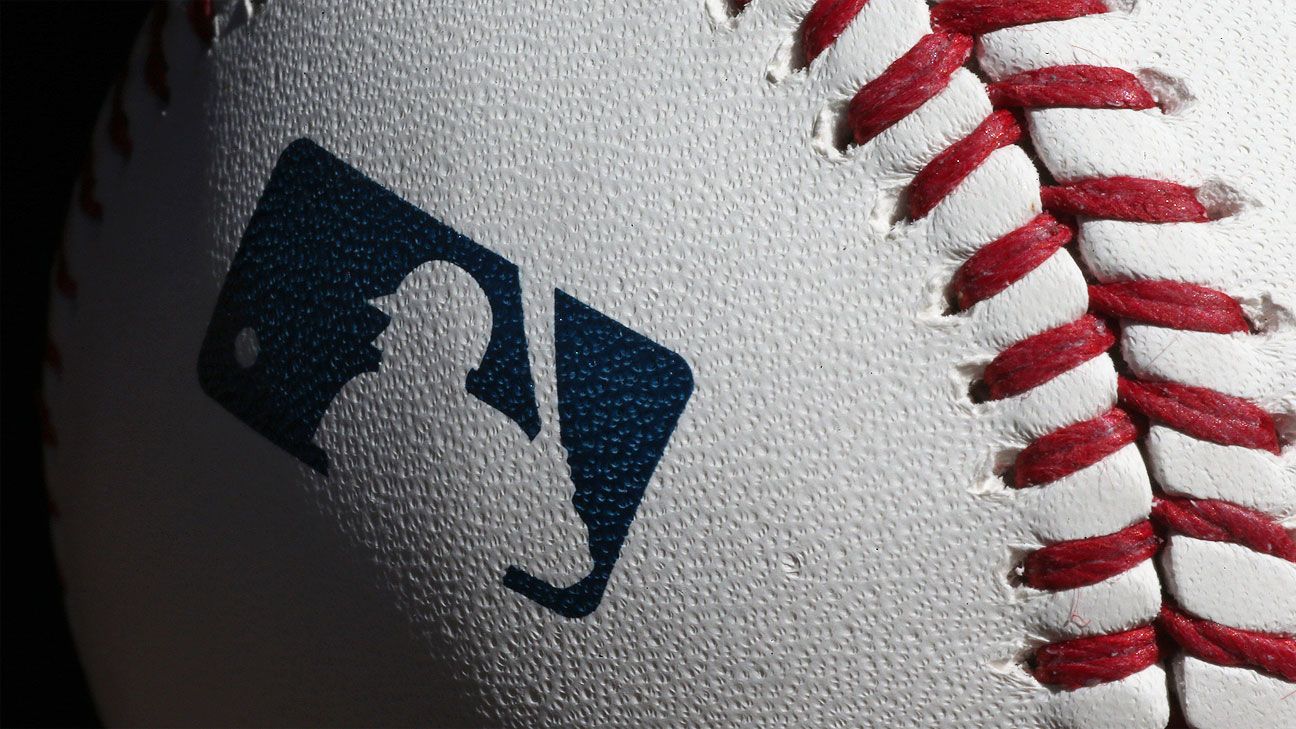Major League Baseball’s latest economic proposal to players slightly closes the financial gap between the sides but still falls shy of the union’s desire for full prorated salaries, leaving the sides at a critical juncture as they work toward a return-to-play agreement, sources familiar with the plan told ESPN.
The league’s offer, delivered to the union Friday afternoon, called for a season of 72 games and for players to max out at 80% of their full prorated salaries. The total compensation would be $1.27 billion guaranteed and can max out at $1.5 billion — on top of an extra $50 million that would go to playoff teams, making the overall percentage to up 83%. The playoffs would expand from 10 to 16 teams and the players would have a choice on whether to implement or nullify the qualifying offer, which has stifled past free agents.
The previous offer had topped out at $1.432 billion in total compensation. MLB gave the players until Sunday to accept the offer.
The offer also include a roster size of 30 for the first two weeks of the season, 28 for the next two weeks and 26 after that. Rosters had been scheduled to be 26 players this season.
The counter comes on the heels of the union’s proposal Tuesday for an 89-game season that would pay their full prorated salaries. The league’s desire to extract a cut off those numbers has been a consistent sticking point in the negotiations, with players digging in amid the league’s ability to mandate a schedule of its desired length.
If the parties cannot reach an agreement, commissioner Rob Manfred will implement a shorter schedule expected in the 48-to-55-game range, according to sources. A March agreement between the league and players allows the league to set a schedule.
While the players are entrenched in their position on full prorated pay, the league is similarly rooted in the season ending Sept. 27 — thus the season length in this proposal falling short of the 76-game season it proposed Monday morning. Like the league’s original plan, it offered players 50% of their full prorated pay with a bonus pool if the playoffs are played. MLB’s concern over coronavirus-related issues as well as TV networks’ desire to keep the postseason in October has led to its offers for shorter seasons.
Manfred nevertheless told to ESPN’s Karl Ravech on Wednesday that “unequivocally we are going to play Major League Baseball this year,” putting the likelihood at “100%.”
The league’s willingness to meet the players’ request for full prorated salaries remains the greatest chasm between the sides. Though both acknowledge that a short season would be even more detrimental for the sport than the fighting already has been, a deal remains nonexistent.
Both parties had hoped to be in spring training 2.0 by Wednesday. The earliest teams could gather at this point would be June 22, and with a three-week period to prepare for a season, a mid-July start is the likeliest outcome for a longer season. Every day that burns off the calendar also lessens the potential length of a season, which is likely to prompt a final showdown in the coming days, according to sources.
There will be a deal, or there will be a short season, at which point the union would be expected to file a grievance against the league for not scheduling as full of a season as it could, as is mandated in the March agreement. The contract also stipulates the league take into account financial considerations and other determinants while making that decision.
The discord between the sides remains high as MLB heads into a critical 2021, during which its current collective-bargaining agreement will expire. Their issues could grow into even larger problems, particularly absent a deal to restart the season now.

